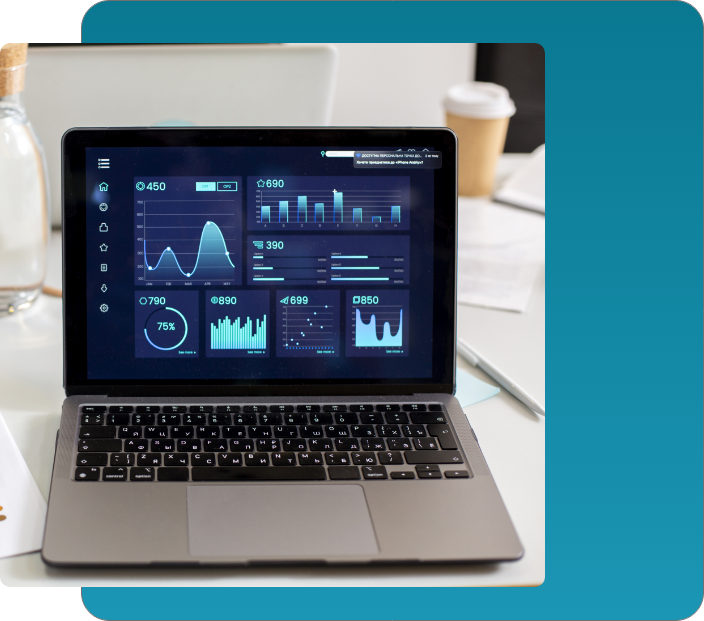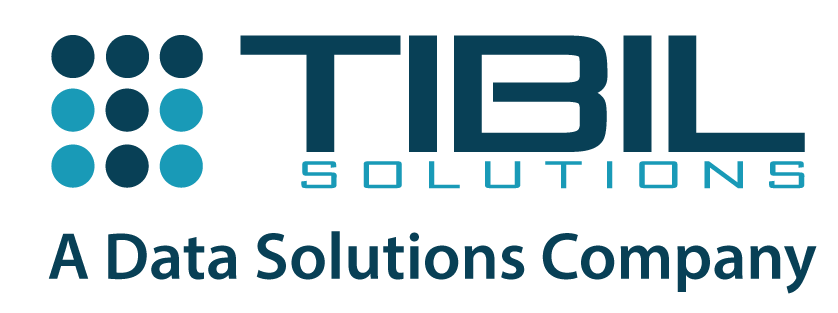BFSI – Big Data Analytics for Banking and Financial Services
Superior business intelligence & analytics

An Overview of the Banking, Financial Services and Insurance Sector
It would be stating the obvious, if one were to conclude, that the future of banking revolves around leveraging data and advanced analytics to enhance the accuracy of predictive models. There are no two ways around the fact that the financial industry has always been highly data intensive. With the entrance of FinTechs and digital banks as well as new regulations and a change in customer behaviour, the traditional banking system is under pressure to reinvent itself and critically examine its business processes not only to increase its customer base, but also to enhance existing customer experience. Banks have to evolve and understand the rapid changes in data analytics technologies. Adopting advanced analytics and inculcating it into the existing banking environment is one of the key elements of surviving in the digital era.
Tibil delivered a state-of-the-art data management solution to a B2B payment solution provider by creating a cognitive Data Lake solution that helped deliver multiple business benefits. More importantly, we helped them resolve transaction agility and accuracy issues and helped them sharpen their innovation.

Customer Retention
In order to maximize the lifetime value of a customer, banks have to work on their customer retention strategies. Customer retention requires paying attention to the quality of service identifying at-risk customers, and providing attractive retention offers. With the help of advanced analytics, banks can deep dive into customer service, identify behaviour patterns and paths, and use the insights gained and conversion results to arrive at a “churn score” which will enable them to take preventive measures for customer retention.
Cross-selling/Up-selling
Today, securing one profitable customer is a big task for banks. Hence, the need of the hour is cross-selling. This involves selling different products to an existing customer base, rather than selling the same product to different customers. Efficient cross-selling of products can happen by analysing customer behaviour, and using the studies to hone in on the ideal product for the target consumer. This will lower the cost of sales, as well as resulting in an increased sales volume and better customer relationship management.


Fraud Prevention
Fraud is becoming an area of big concern for every sector and for banking and financial firms in particular. Digitization has paved the way for the cyber criminals to commit more frauds. Thus, banks need intelligent systems and tools to deal with them. Predictive analytics, Machine learning, Big data, Data mining and Stream computing are a few of the tools that help in stemming these frauds. Analytics can be used to recognize frauds that are not very obvious and predictive analytics can be used to prevent them from occurring in the future. Data integration, utilizing unstructured data and machine learning techniques like supervised and unsupervised learning can help detect fraud cases by analysing the pattern that they follow.
Financial Planning
All banks have a mix of customers -some who always pay on time and those who do not. It is not easy to keep a track of which customers fall into each bucket since this is a dynamic that is also subject to change. Predictive analytics offers clear benefits in this area. Banks can attain a better understanding of their portfolio risk and thus improve the productiveness of the collections process. Most importantly analytics helps identify the customers who would be at risk in the future and what actions banks should take to achieve positive results.

In addition to the overall liquidity and cash flow management, predictive analytics can help banks track the past usage patterns and the daily coordination between the in- and out-payments at their branches and ATMs’, hence predicting the future needs of their potential customers. Optimal management of liquid assets can result in their extra income and a proper analytics plan can help obtain an overview of future changes in investment and liquidity options.
© Tibil Solutions 2024. All rights reserved

